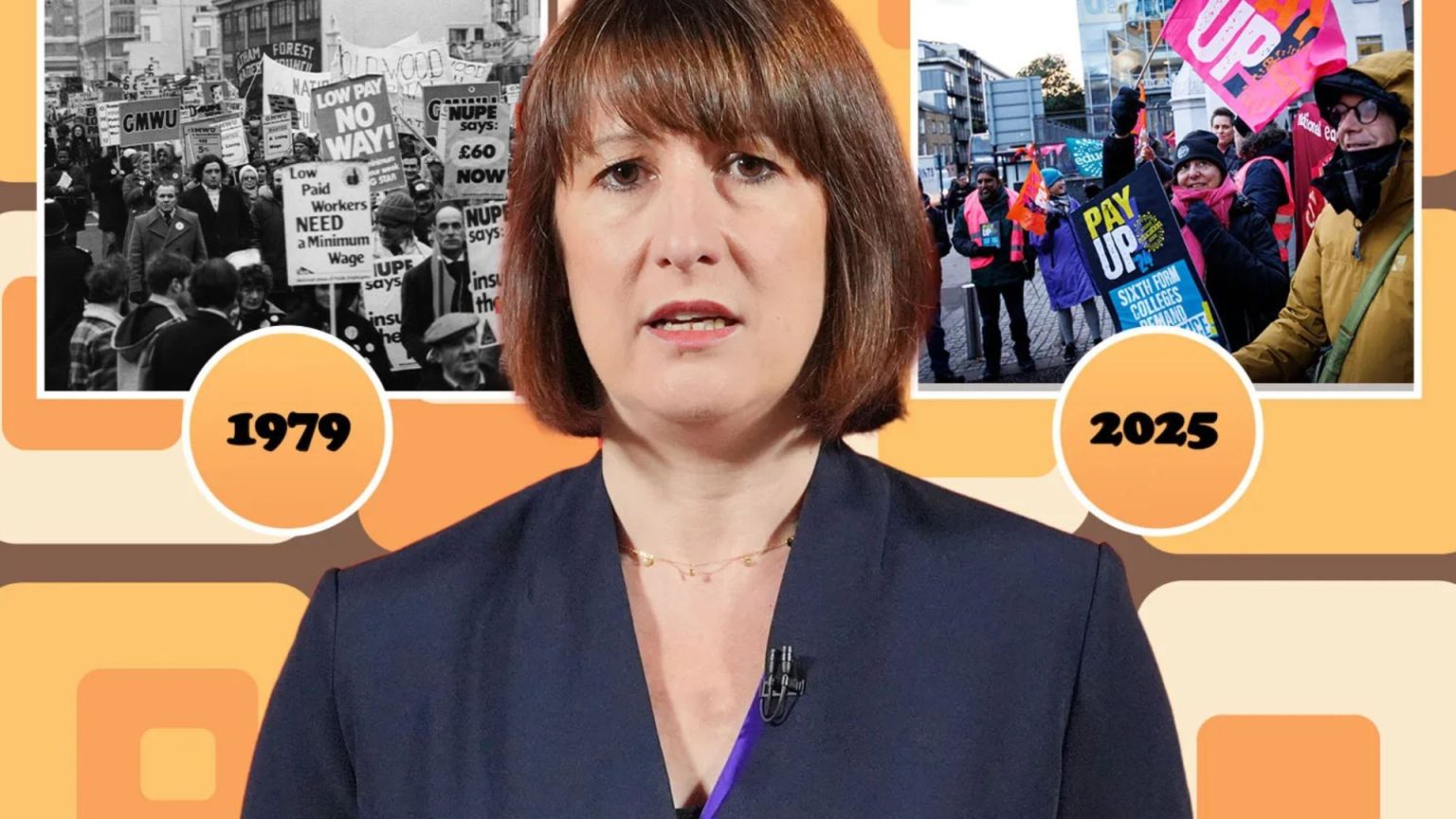The UK is facing an economic crisis reminiscent of the turbulent 1970s, characterized by soaring debt, a weakened currency, and the looming threat of widespread strikes. Chancellor Rachel Reeves’s recent budget, which included a significant increase in national insurance contributions for employers, has been blamed for triggering market turmoil. Government borrowing costs have surged to levels exceeding those witnessed during the short-lived Liz Truss administration, raising concerns about the UK’s fiscal stability. The pound has plummeted to a 14-month low against the dollar, performing significantly worse than other major global currencies. This economic downturn has sparked comparisons to the 1976 debt crisis, which forced the then-Labour government to seek a bailout from the International Monetary Fund. Adding to the sense of déjà vu, teachers are threatening industrial action, echoing the widespread strikes that plagued the late 1970s.
Reeves is facing intense pressure to cancel a planned trip to China, with critics arguing that her absence during this critical period would mirror the ill-timed departure of Kwasi Kwarteng, Truss’s chancellor, during the 2022 market meltdown. Opposition figures have called for Reeves’s resignation, attributing the current economic woes to her tax policies, which they claim are stifling businesses and harming pensioners and farmers. The market volatility has raised concerns about a potential “capital flight” away from the UK, with investors losing confidence in the government’s economic management. The combination of a falling pound and rising long-term interest rates has evoked comparisons to the economic instability of the 1970s, a period marked by high inflation and economic stagnation.
The rising interest rates on government bonds, or gilts, are a key indicator of the market’s unease. The yield on 30-year gilts has reached its highest level since 1998, reflecting increased risk associated with holding UK government debt. Similarly, the yield on 10-year gilts, a benchmark used by banks to set mortgage rates, has climbed to its highest point since the 2008 financial crisis. This rise in gilt yields suggests that homeowners can expect higher mortgage rates for an extended period, further squeezing household finances and potentially dampening consumer spending and economic growth. The surge in bond yields has also significantly increased public borrowing costs, effectively eroding the Chancellor’s already thin budget surplus.
While the Treasury maintains that the markets are functioning “orderly,” analysts estimate that the rising bond yields have added nearly £9 billion to public borrowing costs, almost entirely wiping out Reeves’s £9.9 billion buffer. This precarious fiscal position leaves little room for maneuver and increases the likelihood of further tax hikes or spending cuts. The Office for Budget Responsibility is expected to deliver a stark assessment of the UK’s economic outlook in its upcoming report, potentially placing further pressure on the Chancellor to revise her fiscal plans. The current economic situation presents a significant challenge to Reeves’s “Securonomics” agenda, which promised stability and growth.
The National Education Union’s decision to ballot its members on industrial action adds to the growing sense of crisis. The union is protesting the government’s proposed 2.8% pay rise, which it deems insufficient in the face of rising inflation. The potential for widespread teacher strikes further evokes the atmosphere of the 1970s, a period characterized by frequent industrial disputes. While the Prime Minister’s spokesman has urged the union to prioritize students’ interests, the threat of strikes underscores the broader discontent with the government’s economic policies. Reeves’s absence from Parliament during the economic debate has further fueled criticism, with opponents questioning her commitment to addressing the crisis.
Reeves’s handling of the current economic challenges will be crucial in determining the UK’s future trajectory. Her decision to proceed with the trip to China amidst the market turmoil has drawn criticism, with some observers comparing her absence to that of Kwarteng during the 2022 crisis. The government’s response to the rising bond yields, weakening pound, and potential for widespread strikes will be closely scrutinized. The Chancellor’s ability to restore market confidence and navigate the UK economy through these turbulent times remains uncertain. The parallels with the 1970s serve as a stark reminder of the potential consequences of economic mismanagement, adding to the pressure on Reeves to deliver effective solutions.




